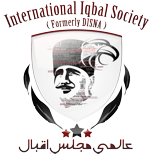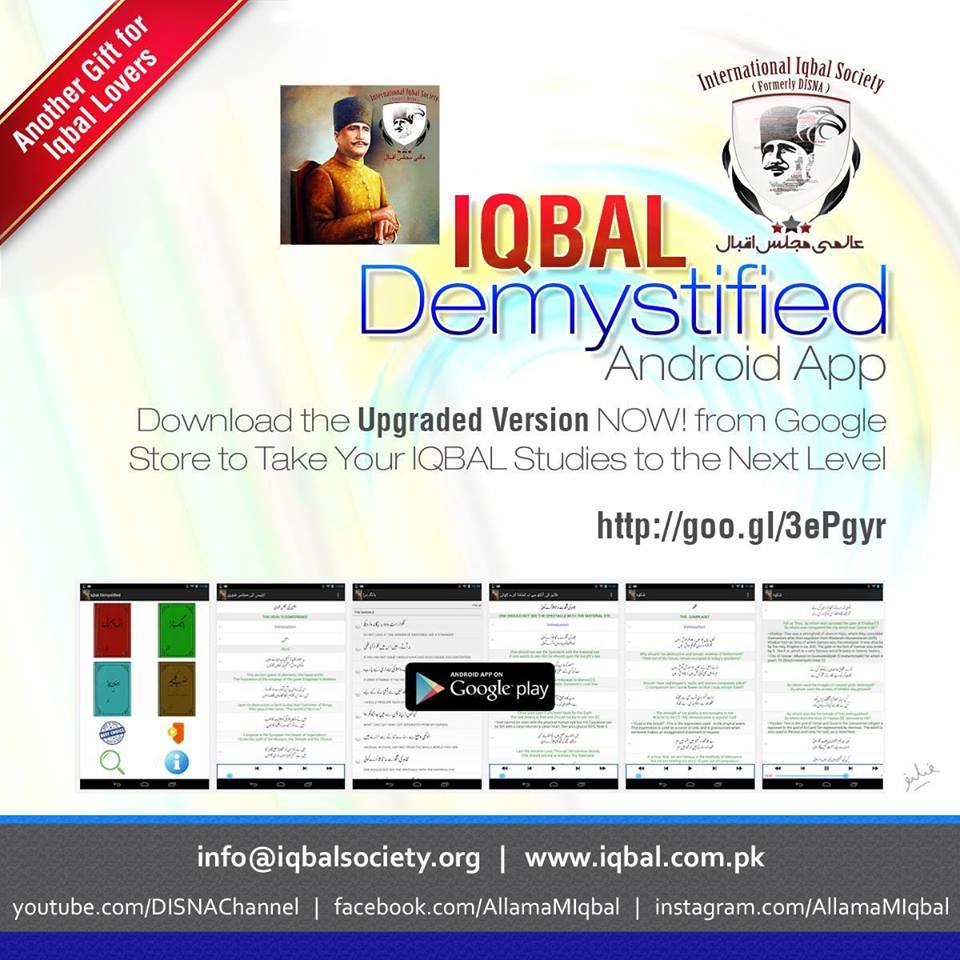با نگ درا
There are no articles in this category. If subcategories display on this page, they may have articles.
Subcategories
-
(با نگ درا(حصہ اول
(با نگ درا(حصہ اول
1905
Introduction
First written in Urdu, Bang-i Dara (Caravan Bell) was
translated into Urdu by popular demand. An anthology of
poems written over a period of 20 years, is divided into 3 parts:
1. Poems written up to 1905, the year Iqbal left for England.
These include nursery, pastoral and patriotic verses. Taranayi
Hindi (The Song of India) has become an anthem and is sung
in India on Independence Day.
- Article Count:
- 63
-
(با نگ درا(حصہ دوم
(با نگ درا(حصہ دوم
1905 -1908
Poems written between 1905 and 1908, the period he spent
as a student in Europe. He praises the rationality and
pragmatism of the West, but complains about its overt
materialism, loss of spirituality and narrow patriotism, which
promises suffering. (The first world war proved him right.) This
situation strengthened his belief in the universal values of Islam
and he resolved to use his poetry to stir Muslims to their
renaissance.
- Article Count:
- 32
-
(با نگ درا(حصہ سوم
(با نگ درا(حصہ سوم
1908 - 1923
Poems written between 1908 and 1923, in which
Iqbal reminds Muslims of their past greatness and calls for the
brotherhood and unity that transcend territorial boundaries. He
urges the ummah to live a life of servitude to God, of sacrifice
and of action so that they may attain once more the high
civilisation that was once theirs. Yam Awr Syair (The Poet and
the Cradle), Shikwa (Complaint to God), Jawab-i-Shikwa
(Response to a Complain), Kiezr-i-Rah (Guidance) and Tulu'i
Islam (Light of Islam) are considered among the greatest
Islamic poems. Love and the Self reverberate as important
themes throughout this section.
- Article Count:
- 106





